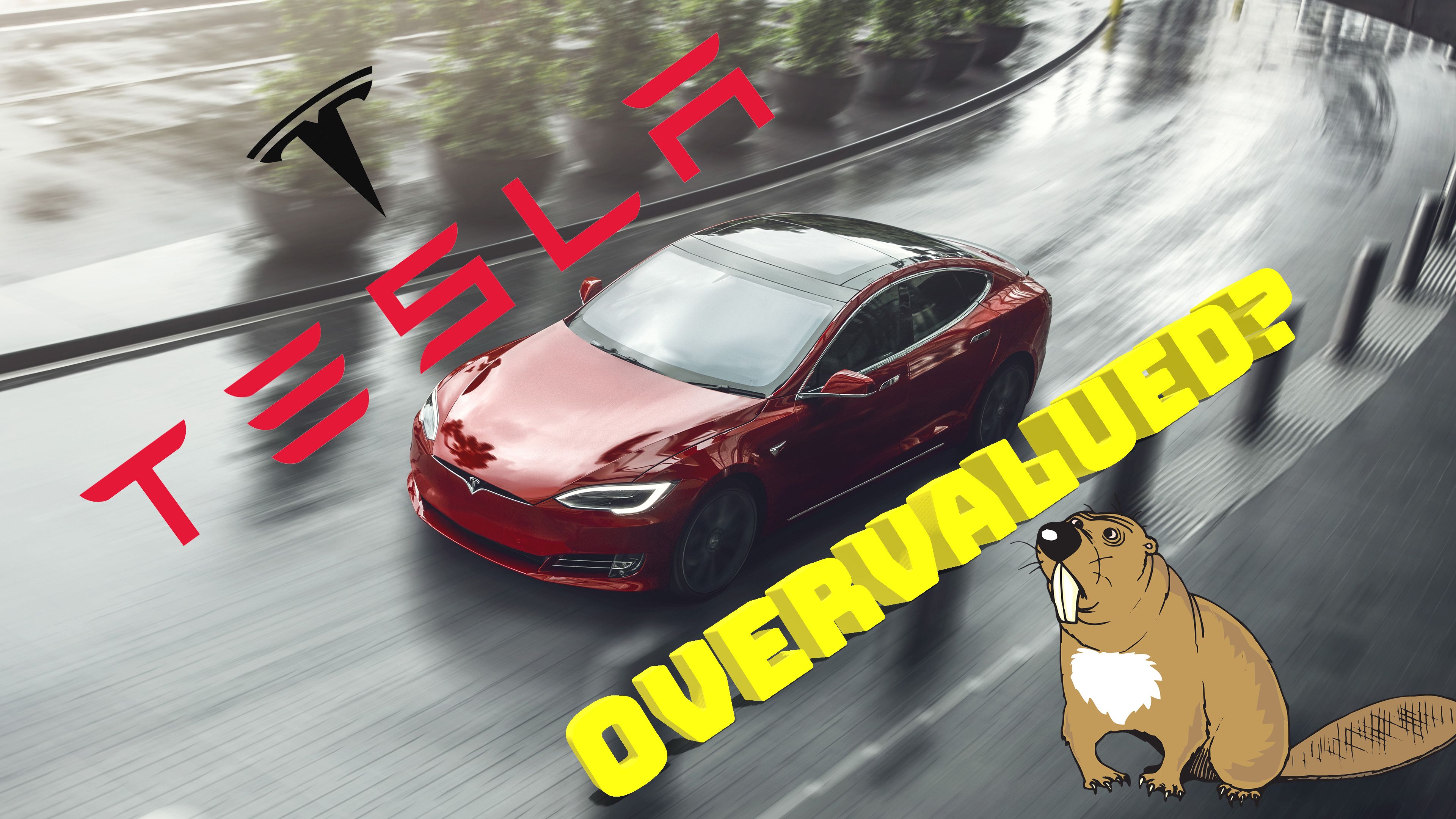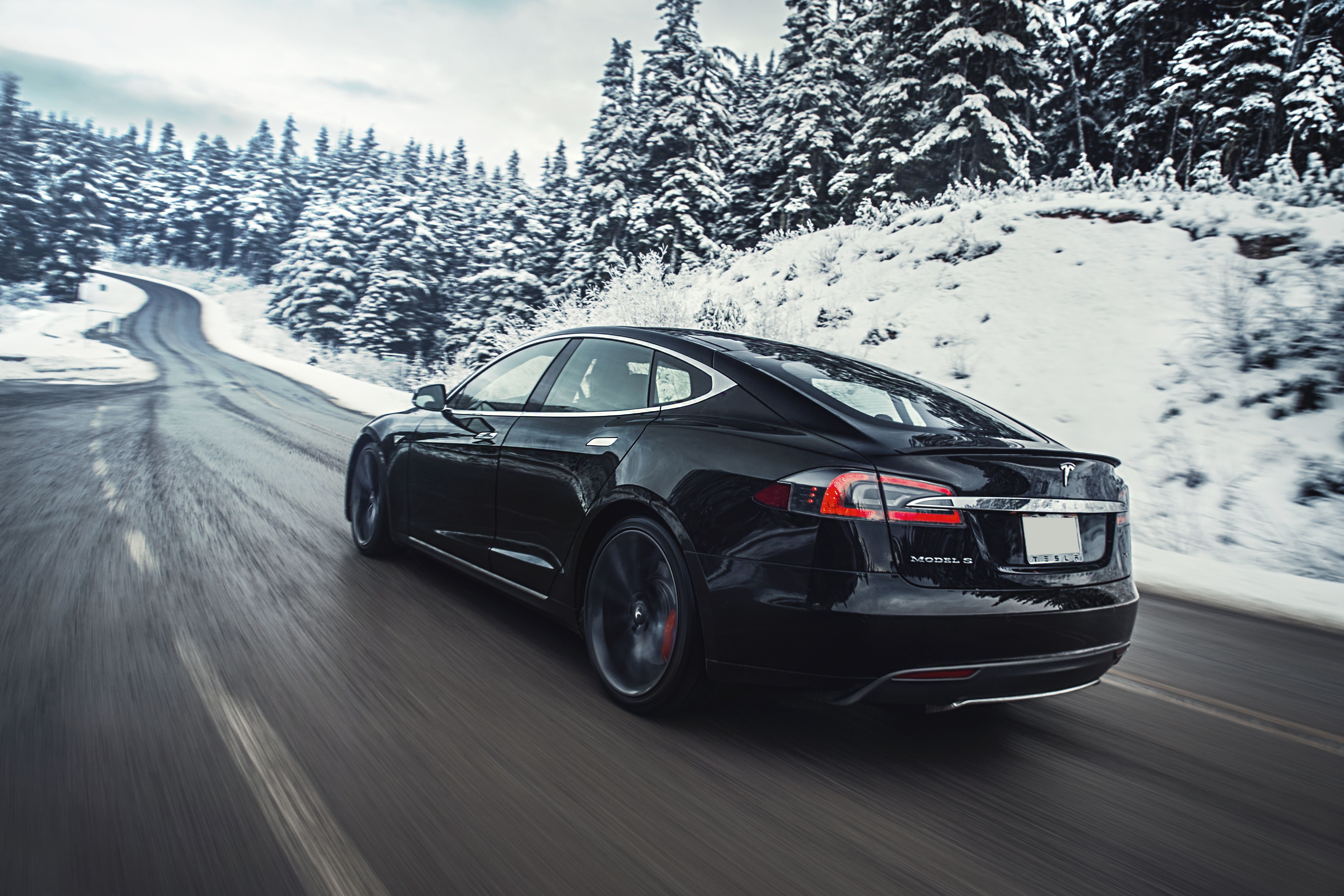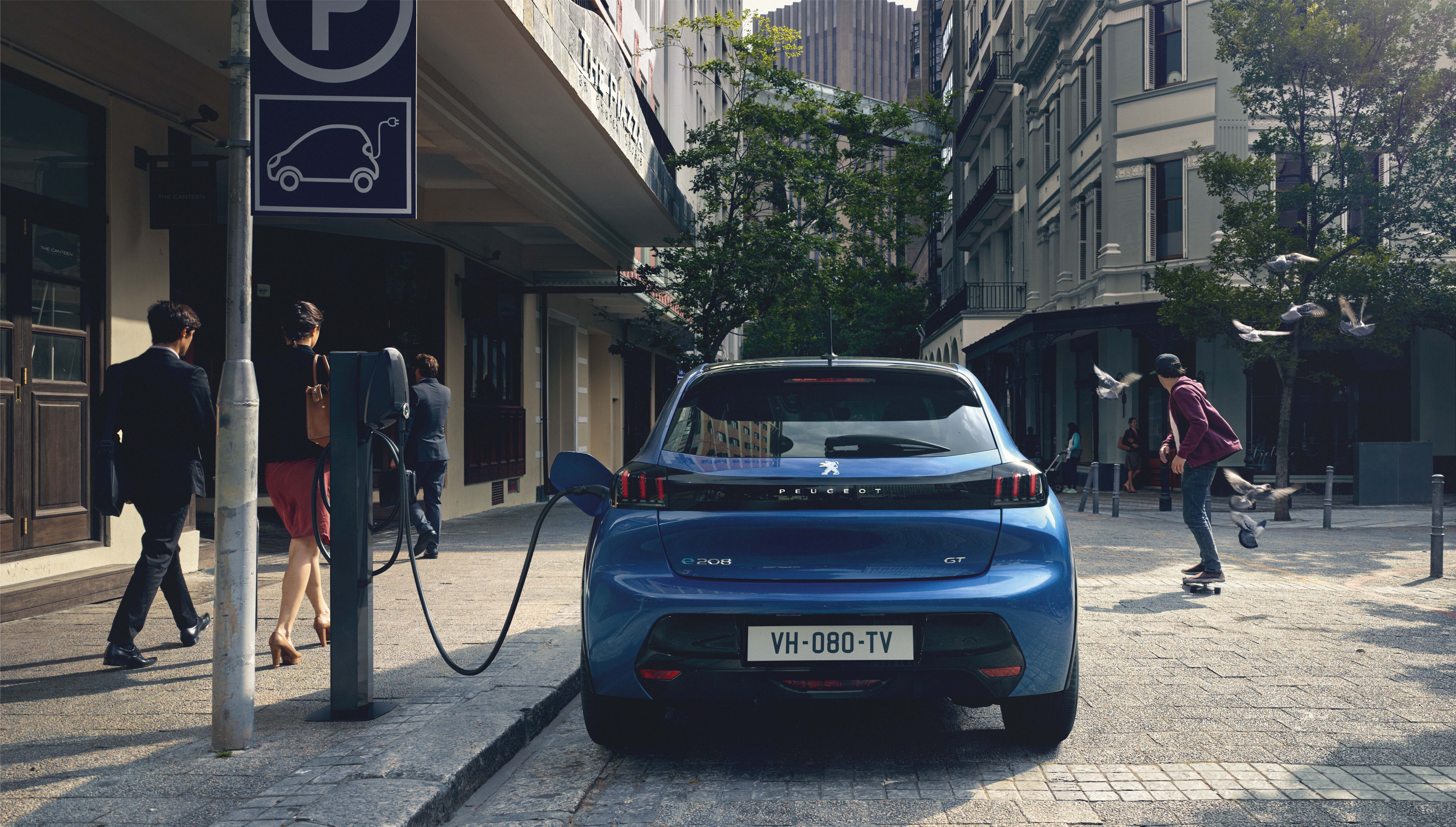Tesla is a hot company with its own, growing community of fanboys that are relentless in sharing their beliefs. In some respect, it’s understandable – some of the world’s largest automakers could learn a thing or two from Tesla. But can the company continue as it has? As reported by pymnts.com, Tesla’s market value just hit $820 billion on January 8, 2021, pushing the company into the top 5. This puts the company under Apple, Microsoft, Amazon, and Alphabet. This means Tesla has seen a 700-percent growth in market value over the last year, and Wedbush analyst – Daniel Ives – saying Tesla could become a $2 trillion company within two years. Is it sustainable and how is it possible?
Tesla’s Overvaluation “Makes No Sense”
Louis Gallois, the former chairman of the Supervisory Board of PSA pre-Stellantis sat down with French outlet France Inter to discuss the margining of FCA and PSA, as well as the future of the automobile. He made a very interesting point (translated from French) about Tesla and how it seems to be drastically overvalued, something that makes no sense given the brand’s profits:
So, what is it that really makes Tesla so valuable considering brands like Toyota are clearly more profitable? Well, it’s hard to say. Perhaps it has something to do with the company being so trendy. Perhaps it has to do with the way the public eats up everything Elon Musk says like he’s the smartest man in the world. Perhaps it’s because Tesla has made itself so trendy and has managed to thrive against all odds, staying alive when most startups would have failed. Either way, there’s a good chance that, at some point, things could come crashing down – especially as the rest of the industry continues to adopt electrification.
Are Electric Cars Really the Future of the Automotive Industry?
Electric cars do have a big advantage – the prevent need for fossil fuels on the consumer level. However, they have a major downfall, and that’s the lack of long-range travel without long breaks for travel and the fact that we don’t exactly have the infrastructure to support mass adoption of EVs. As I pointed out back in August 2020, the U.S. power grid just isn’t prepared. According to Gallois, though, that might not be a big deal because he sees another big market shift happening before all cars on the road at battery electric:
So, based on his thoughts, it seems that we may see hybrid vehicles stick around for some time and, eventually, EVs will be essentially the only thing on sale. However, there’s a good chance, some of us will rely on hybrid vehicles until a point when hydrogen-powered electric vehicles will become the norm. The only question this leaves to be answered is whether or not the world can implement hydrogen infrastructure (production and filling stations) faster than the world can adapt its power grids.
Who knows, perhaps battery and solar technology will advance to a point where it’ll be easier and cheaper to avoid going 100-percent battery electric, but that would also mean the world needs to quit relying on fossil fuels for electricity altogether. Eventually, our civilization, if it doesn’t destroy itself, will learn how to make 100-percent clean power, perhaps by harnessing the power of the sun without waste, but until then hydrogen might end up being the automotive industry’s endgame.



